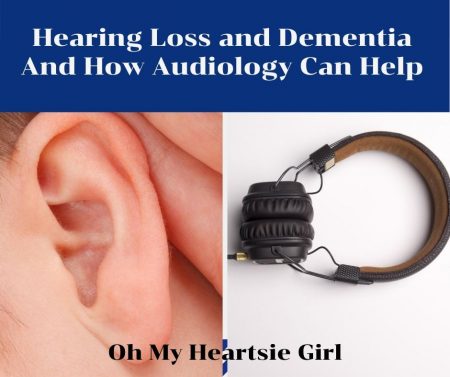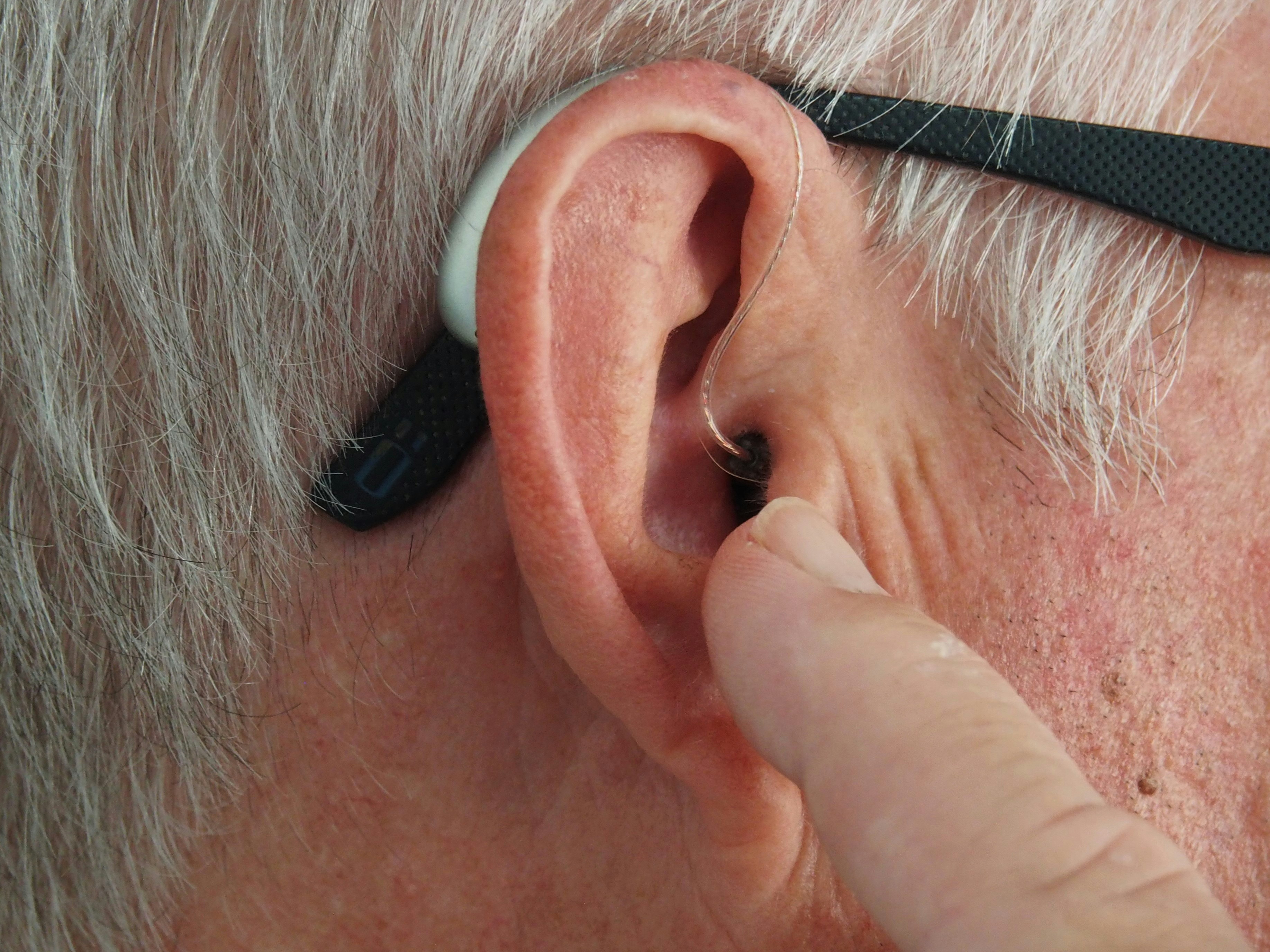 There are ways to improve hearing loss will discuss several here.
There are ways to improve hearing loss will discuss several here.
Hearing loss is normally linked to old age. Nevertheless, it can take place at any point in one’s life due to a myriad of factors such as dirty ears. The two types of hearing loss include the sensorineural and conductive. Sensorineural means an inner ear or the auditory nerve, and conductive which means sounds are not reaching the inner ear due to an obstruction. . With conductive hearing loss an Audiologists can help. Cochlear implants and hearing aids that work perfectly can help in remedying the situation. Despite that, there are other natural steps you can take to improve your hearing.
These include:
1. Daily Exercising
Maintaining a healthy body is instrumental in helping Health Series: Dealing with Hearing Issues to keep your brain and ears healthy. Exercising on a daily basis is an excellent way to get your blood pumping. However, when exercising, it is recommended that you do not use headphones or earphones since repeated exposure to loud music can destroy the hairs in your ears, and often, this is irreplaceable. If you cannot exercise without music, consider lowering the volume to the most comfortable level. As the rule of thumb, those around you must not hear the music playing in your earphones. If they do, then you must be playing loud music.
2. Removing the Wax
Sometimes, wax buildup can result in the loss of hearing. The easiest and most natural way to remedy such a problem is to remove the wax. This, however, doesn’t imply jabbing a cotton swab in your ear because that could result in further damage. Put a tiny drop of olive oil or hydrogen peroxide in your ears for the night. This will make the wax to soften, allowing it to come out with ease. If you are having difficulties with this, you can speak to your health practitioner about wax prevention and removal techniques.
3. Meditate
Meditate in areas surrounded by different noises and sounds to improve your hearing. Take deep breaths while doing so to enhance the circulation of blood and improve the levels of oxygen in your body. Meditation will enable you to concentrate on deciphering sounds in environments that are noisy and to determine the source of sounds.
4. Improve Your Diet
To improve your hearing loss naturally, reduce your consumption of salts, refined carbohydrates, and salt. Salts result in the retention of fluid in your ears, leading to a hearing loss. Foods with fat affect the circulation of blood to your organs including ears. For an improved hearing, consume whole grains, fresh fruits, seeds, vegetables and meals that are rich in Omega-3 fatty acids.
5. Avoid Smoking
If you are a smoker, you can improve your hearing by avoiding a smoke. According to research, smokers have 15.1% chances of hearing loss as opposed to the non-smokers. If you can avoid smoking, you’ll be in a position to enhance your hearing.
Wrap Up
It’s imperative to improve your hearing by ensuring your ears are properly cleaned and maintained. You can achieve this by eating healthy and avoiding noisy environments. If your hearing loss is severe, make sure you seek medical advice. Talk to your physician to determine the options which are available to you.
This post contains affiliate links, which means I might receive a small commission if you make a purchase using an affiliate link.
Related:
How Music Therapy Can Improve Your Hearing
Dealing with Hearing Issues
Republished from 2018
 Hearing Loss and Dementia Hearing loss might seem like a relatively harmless condition that only causes mild annoyance between family members. But in actuality, hearing loss can have a serious impact on your health, including
Hearing Loss and Dementia Hearing loss might seem like a relatively harmless condition that only causes mild annoyance between family members. But in actuality, hearing loss can have a serious impact on your health, including 
